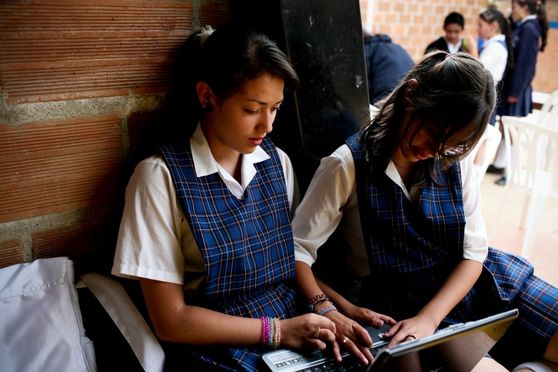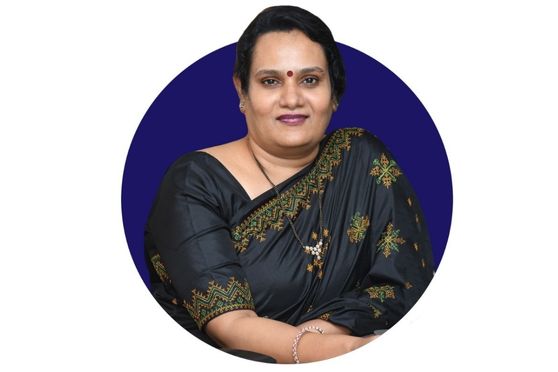Impact of Holistic Development on Youngsters and how it can change the entire Education System in India?


Every child is unique regarding personal attributes, interests, preferences, values, perspectives, strengths, and weaknesses. The educational curriculum assists children in discovering their place in the world. Holistic development is a multidimensional learning approach aiming to develop the abilities of a human brain. It attempts to enhance physical capabilities, intellectual abilities, cognitive or psychological abilities, emotional abilities, and social skills.
Impact of Holistic Development on Children
With the advent of new-age technology and teaching methodologies, the holistic development of a child in preschool has become imperative. Children are exposed to various activities and play-based learning that enable them to grasp new things. It has resulted in a significant shift in how youngsters are taught in preschool.
The following are some of the impacts of holistic education in the early years–
Overall Personality Development
Children’s complete personality is considered when embracing holistic development in early education. It implies that no aspect of their growth and learning is overlooked. Educators consider social, emotional, physical, cognitive, and linguistic development. They evaluate how to support and encourage learning in each field and provide means for it.
For example, children who receive holistic support in their learning experience are encouraged to perform physical activities, which helps broaden their mental abilities. They also feel happier, healthier and better equipped to handle cognitive challenges in the classroom. Moreover, children who receive a holistic education grow up to become people who can better manage their lives and have strong emotional intelligence.
Motivation as a Source of Learning
Holistic learning can be extremely motivating for children as they can explore things in their way and at their own pace. Allowing children to learn spontaneously and naturally fosters curiosity, which may help them adopt more formal education for higher studies. Preschools serve to steer children towards discovery while engaging them in activities they like, motivating them to develop new skills.

It helps shape a Broader Worldview
Children who receive a well-rounded education develop their communication and social skills. When children are involved in an activity they like, they may get more enthusiastic about it. Consequently, they are more likely to make positive connections between their discoveries and take pleasure in their work, which helps build confidence and self-esteem and makes them feel more at ease interacting with others.
They are also exposed to various languages, cultures, and people. Teachers demonstrate a culturally open-minded approach and encourage students to be sociable, work in groups, and exhibit good behaviour while learning new skills. These skills include active listening and the ability to perceive and grasp different perspectives and recognize and reflect on personal opinions. These interpersonal skills aid youngsters to better express themselves and understand others, and the holistic approach lays the foundation for these skills to blossom.
Indian Education System: Changing for Good
The Indian education system is transforming in several ways, owing to technological advancement and the rapid changes in people's perception of the need for quality education. The government's initiative to merge the pedagogy system of education has taken a new path, creating new opportunities for educators and learners.
Learning gets enhanced when education is integrated with technology, significantly impacting a child's learning experience. The visual representation of complex concepts allows teachers to explain them more easily, and students remember information more effectively. Furthermore, as the learning process becomes dynamic and comprehensive, it piques students' attention, leading to overall development. Children get a plethora of enriching learning experiences which is essential for their future development.
Summing Up
Children today require more learning beyond academic lessons in school. The true essence of education lies in helping children understand themselves, their emotions, and their relationship with others. Such a structure boosts the students' confidence, allowing them to achieve greater heights in their careers.
Holistic development of children is essential from a tender age. Educational institutions and teachers must ensure that the school curriculum is interwoven with other co-curricular activities with a 360-degree approach to shape the future of youngsters.
About the author: Ms. Preeti Bhandary is a veteran educationist and a great entrepreneur. She is the co-founder and managing director of Learning Edge India Pvt Ltd. The company under its umbrella holds pioneer brands like Little Elly, Elly Child Care and LETTER. These names are all synonyms to best and quality education today. She comes with an enriching experience of over two decades in early childhood education and child care. Preeti holds a very profound, progressive and dynamic view on working with young minds. She strongly respects and believes in nurturing the individuality of each child.